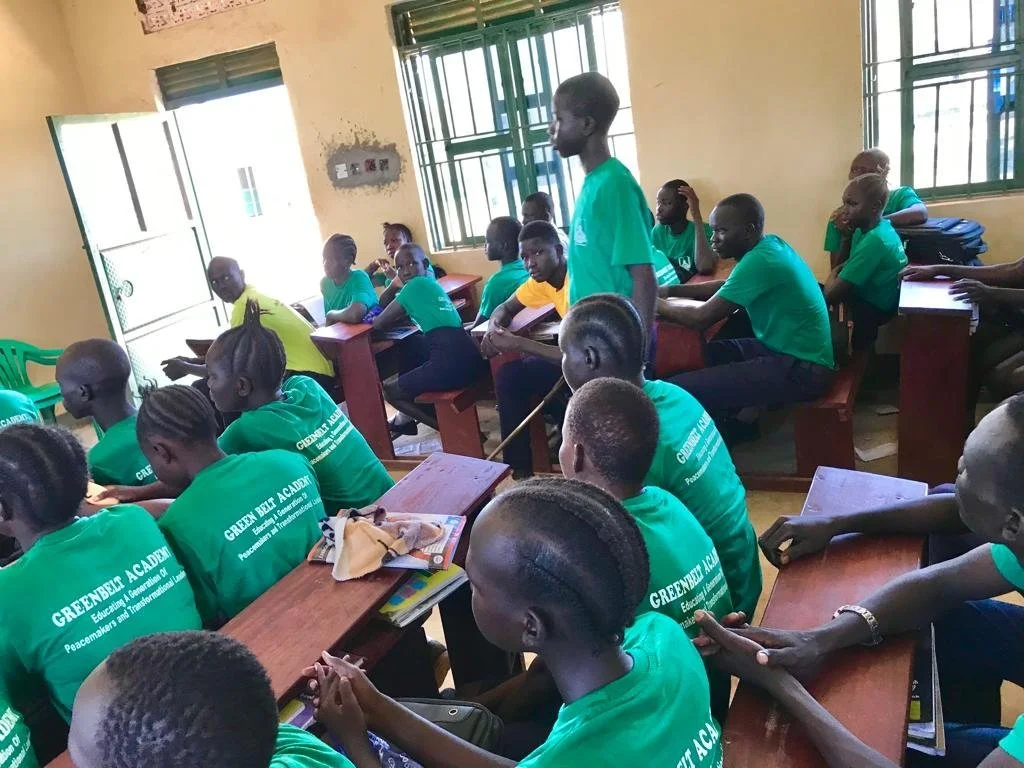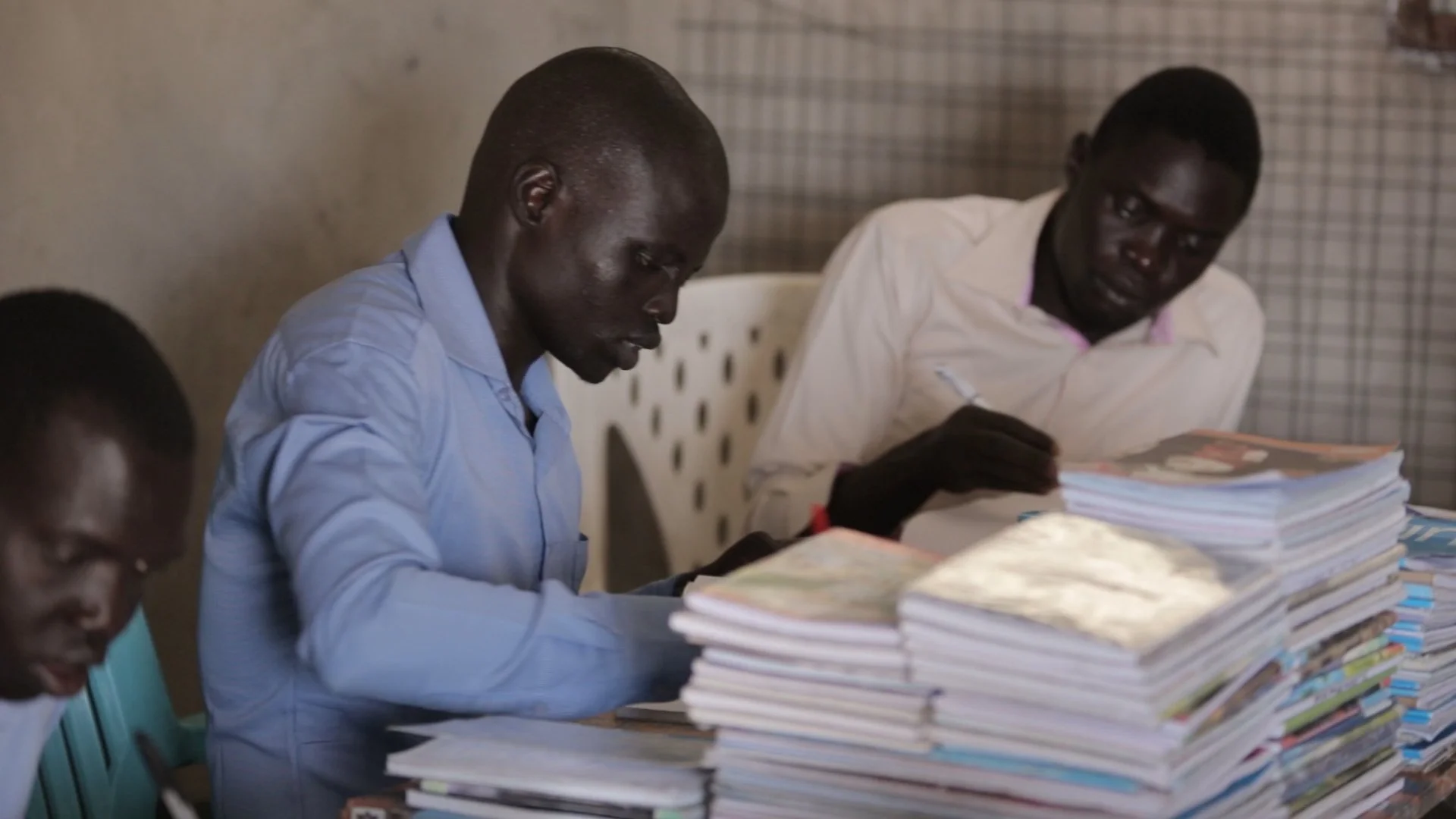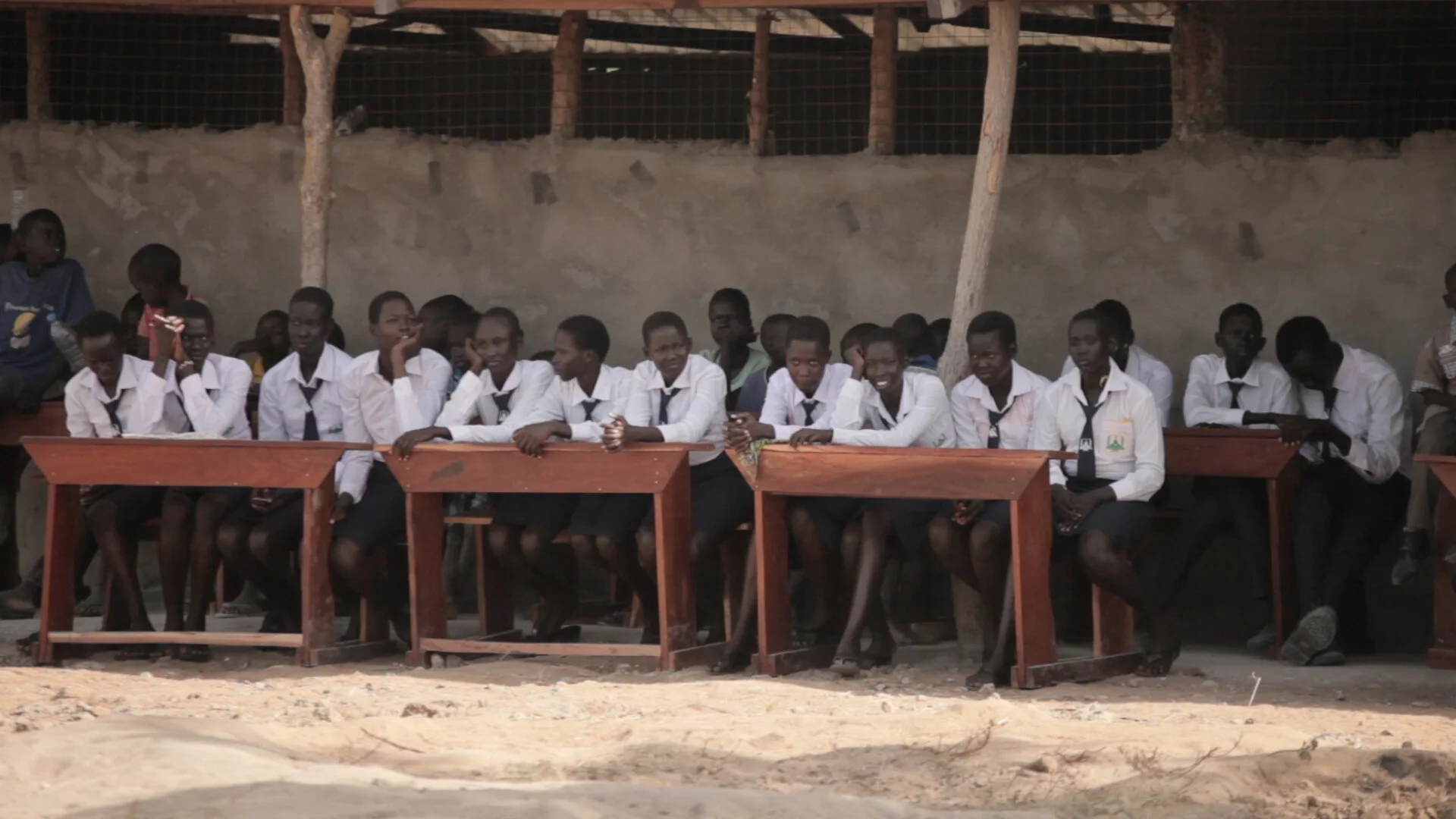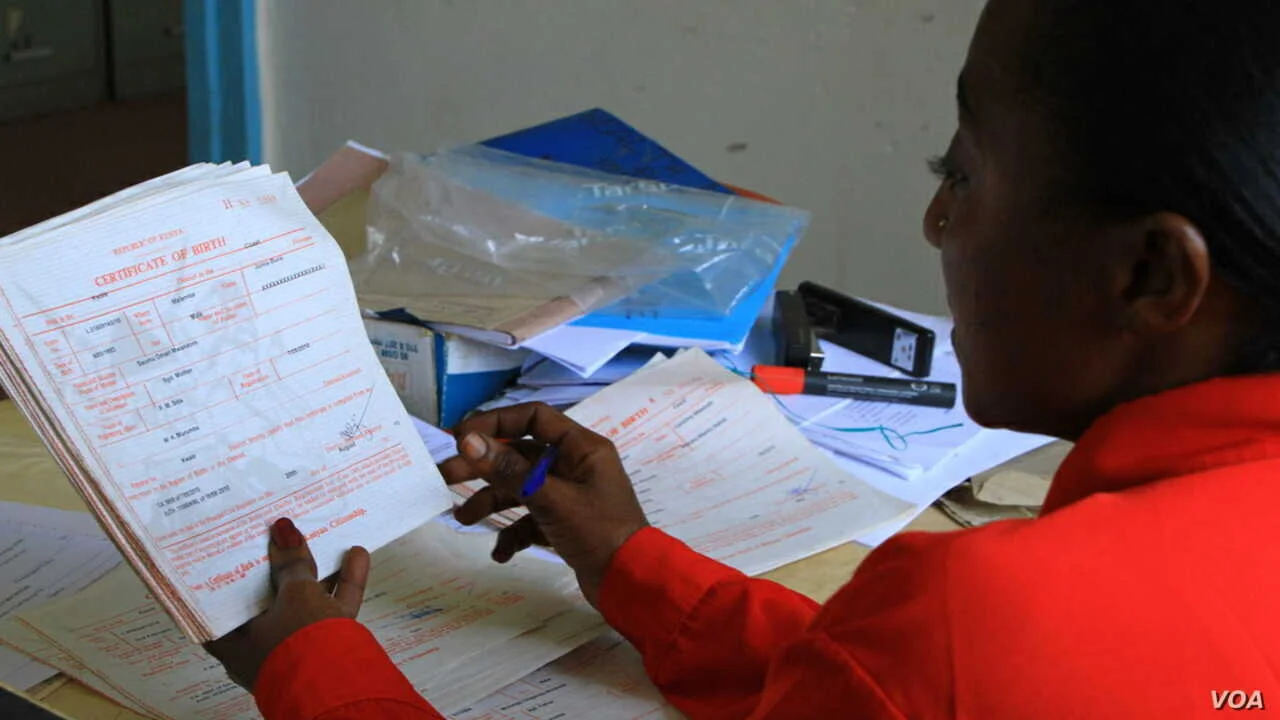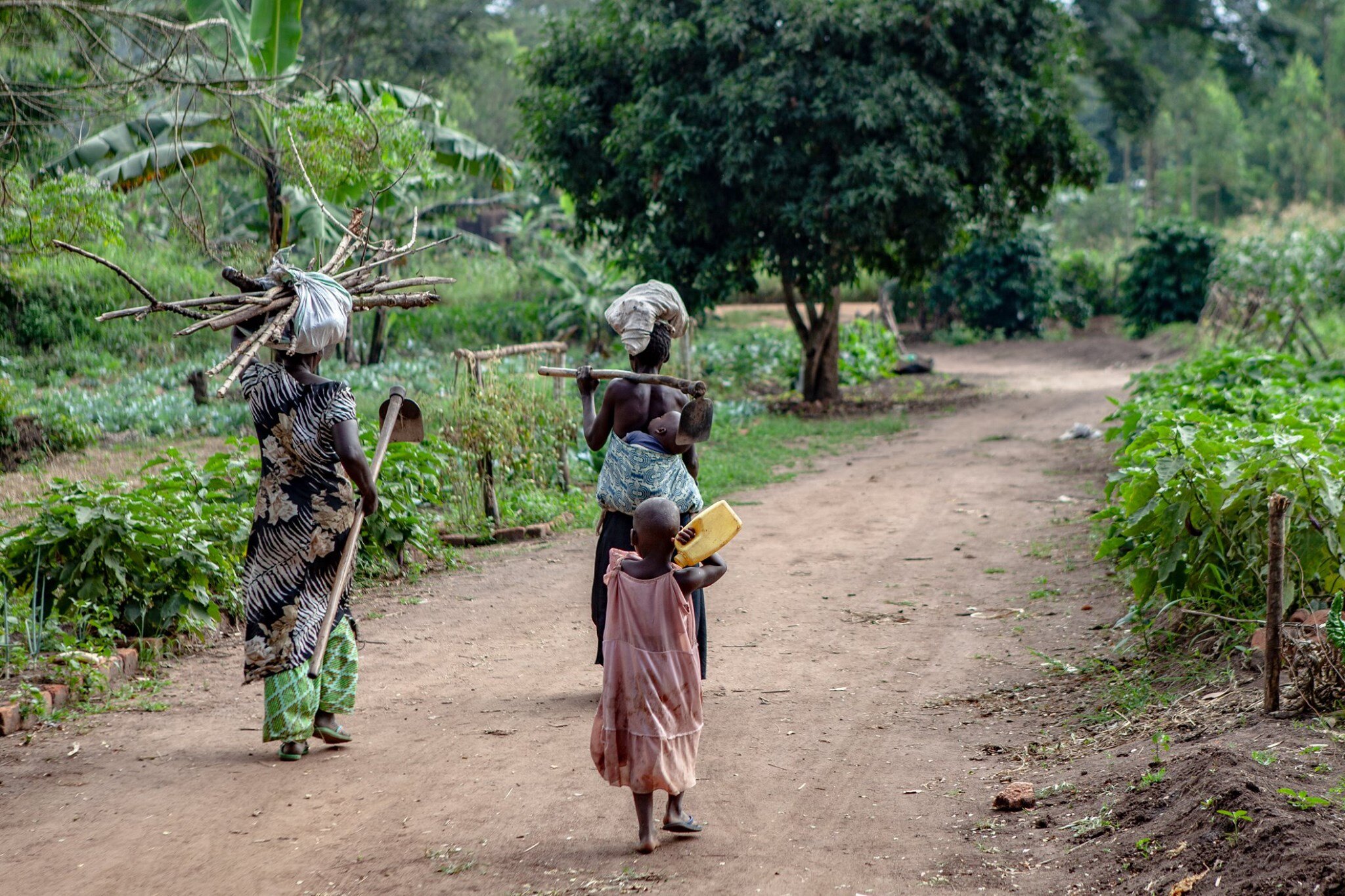Project Background
Education Bridge aims to create flourishing South Sudanese communities through holistic education and conflict transformation by educating a generation of peacemakers and transformational leaders to address the perpetual cycle of poverty and violence in South Sudan. Education Bridge drives this change through a unique and holistic approach to secondary education that merges peacebuilding curriculum, leadership development and academic excellence that is implemented through our schools - Greenbelt Academies. Led by South Sudanese Notre Dame graduate Majak Anyieth ’17, the Greenbelt Academy currently serves over 1,200 students in grades 9-12 at two schools in the capital, Juba (Central Equatoria State), and in Bor (Jonglei State). These two high-performing secondary schools are ranked among the highest in the country. In addition to a desire to add more secondary schools across the country, Education Bridge has launched a teacher training network for its alumni as a pathway into primary school teaching.
Education Bridge has worked with Notre Dame DAT teams over multiple semesters on projects related to developing a peacebuilding curriculum, enhancing opportunities for girls, contributing to organizational sustainability, and developing international partnerships. They are now considering the possibility of expanding schools and developing criteria for doing so.
Definition of Opportunity
The immense youth unemployment crisis across Africa presents an important opportunity to education organisations on the continent: how will we prepare young people to successfully transition into a world where they will need to address intensifying global challenges and create employment opportunities for their communities? In South Sudan, this is an especially pertinent question - with over 70% of the country's population being under the age of 30. Less than 1% of young people transition into university, and employment opportunities are extremely scarce. This poses a serious threat to the potential for dignified livelihoods, but also for the overall peace and stability within the country. Education Bridge is focused on developing a generation of transformational leaders and peacemakers who can end violent conflict and poverty in their communities. Over the last years, Education Bridge has developed a secondary school program that serves this purpose well. In the next few years, Education Bridge will have to expand their programming to ensure they are providing their students and alumni with the right support to successfully transition into the important community leadership role that will see alumni make meaningful changes in the country. Some questions to consider: What will enable Education Bridge alumni to become high-impact leaders in their communities? What support do they need at different stages of their journeys? What are the biggest challenges they might face, and how could Education Bridge best mobilise resources to help their students address and overcome them?
Definition of Success
A successful project will have a number of key outputs: 1. A strategy that defines and outlines key programmatic approaches to addressing the challenge at hand. 2. Work with Education Bridge to identify potential funding organizations and develop an actual proposal for at least one of those organizations and 3. Help develop a pitch for a proposal that can be used to approach potential funders passionate about this work with Education Bridge.


